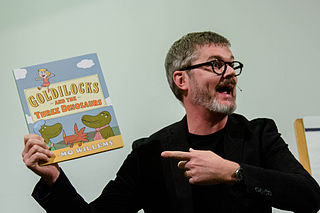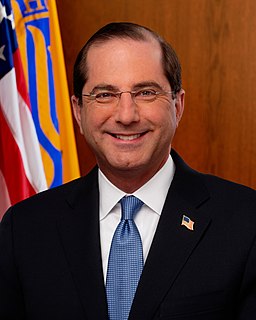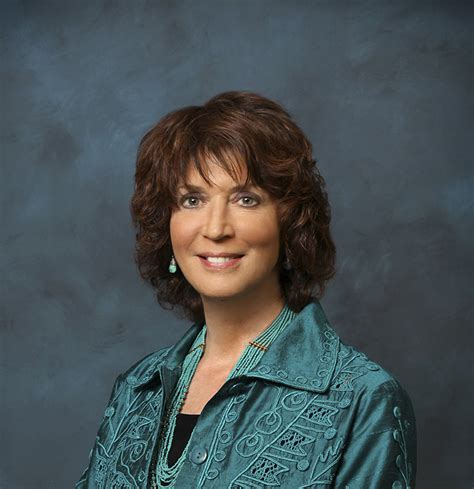A Quote by Robert Fogel
Centuries ago it may have been difficult for pregnant women and their children to get proper nourishment, probably leading to smaller - and therefore shorter-lived - adults.
Related Quotes
I am in no position to judge other women, you know. But I mean, why did she get pregnant? It's not good for women to go through the procedure of abortion and have something living sucked out of their bodies. It belittles women. Even though some women say, 'Oh, I don't mind to have one,' every time a woman has an abortion, it just crushes her self-esteem smaller and smaller and smaller.
Liberal hostility to the traditional family helped to undermine centuries of accumulated wisdom and experience about what was best for children and adults. Far from benefiting only men, marriage confers enormous advantages on women and children as well - a fact that has been thrown into sharp relief by its breakdown over the past forty years.
I couldn't have children, I tried to for years. I've never been pregnant in my life. When I was a girl and fooling around I was scared to death I'd get pregnant, and then when I got married and wanted to have children I couldn't have any. But I don't miss it. I did for awhile, but I realize that I am everybody's mother.
Children have a lesson adults should learn, to not be ashamed of failing, but to get up and try again. Most of us adults are so afraid, so cautious, so 'safe,' and therefore so shrinking and rigid and afraid that it is why so many humans fail. Most middle-aged adults have resigned themselves to failure.
Women of color, particularly Black girls from economically challenged strati, we are told from the minute you start showing signs of being able to be impregnated: Don't get pregnant. You can't have sex because you might get pregnant. You can't wear short shorts because you might get pregnant. Don't talk to boys because you might get pregnant.
Although adults have a role to play in teaching social skills to children, it is often best that they play it unobtrusively. In particular, adults must guard against embarrassing unskilled children by correcting them too publicly and against labeling children as shy in ways that may lead the children to see themselves in just that way.
The culture of suppressing women composers and performers goes centuries back in Germany and other countries. Just think of Fanny Mendelssohn and the struggles she and many other women had to endure to get their music recognized. How many women's compositions were left to languish in attics, only to be thrown out by future generations! So much has been lost over the centuries.








































